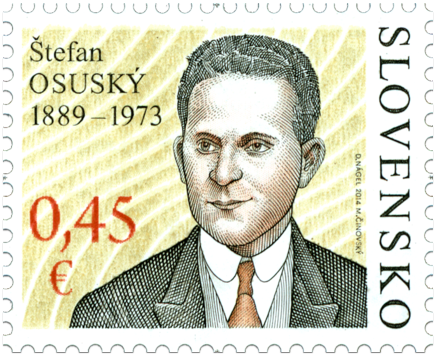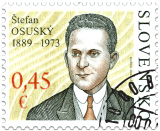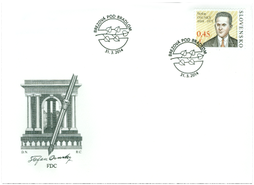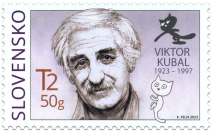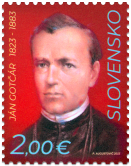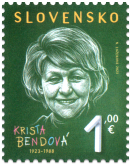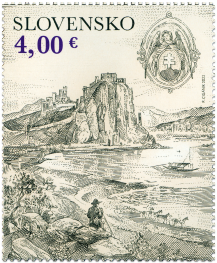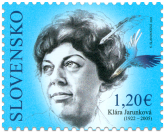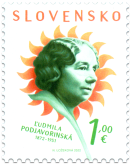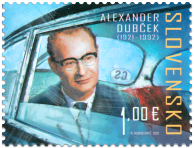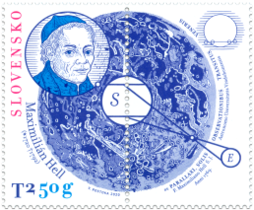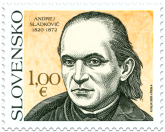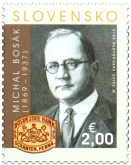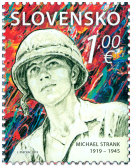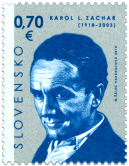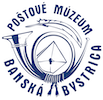560 Date of issue
31.03.2014 Face value
0.45 € Sell price
0.45 €
Štefan Osuský (1889 − 1973), a native from Brezová pod Bradlom and co-founder of the Czechoslovak Republic, was the most significant Slovak diplomat of this time. His Slovak patriotism brought him into several conflicts with the culminating Hungarisation. This resulted in the expulsion of all schools throughout the Kingdom of Hungary. In the USA, where he moved to his relatives, he achieved a doctorate in law. He was engaged in the Slovak League, the most significant compatriot association. As the function of the chairman, Osuský participated in the coordination of the starting Czechoslovak resistance during World War I. As a close co-operator of T. G. Masaryk, M. R. Štefánik and E. Beneš of the Czechoslovak National Council made a significant contribution to the formation of the Czechoslovak Republic. As the Secretary General of the Czechoslovak delegation of the Paris Peace Conference, he signed the Treaty of Trianon with Hungary in 1920. After a short diplomatic work in London, he became an ambassador in France for almost two decades. He was at the same time a representative of the Czechoslovak Republic in the League of Nations as the predecessor of the United Nations, where he held key functions. In 1939, he refused to give up the embassy to German diplomats, and began to organize the resistance. After the surrender of France, he became the Minister of the exiled government in London; however, due to disputes with President Beneš, he was dismissed from the position. They did not agree on the issue of an adequate position of emancipating Slovakia in the post-war republic. After the end of the war, he returned to the USA, where he lectured at a university, and after the formation of the Communist totality, he was engaged in the exile Council of Free Czechoslovakia. He principally refused fascism and communism, and was actively struggling for the renewal of democracy in the countries subjugated by the Communist totality. He was awarded the Order of T. G. Masaryk of class I in memoriam in 1992, and the Order of the White Double Cross of class II in 2001. His life and work were recorded by historian Slavomír Michálek in his book, “Diplomat Štefan Osuský.”
Peter Osuský
© 2024 POFIS - Postal philatelic service. All rights reserved

